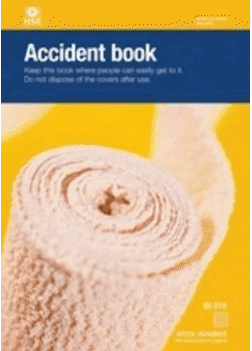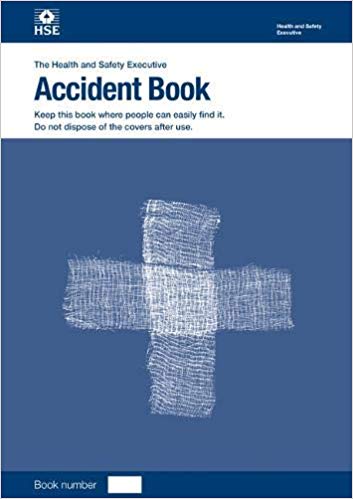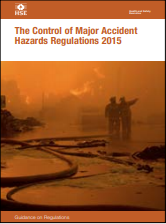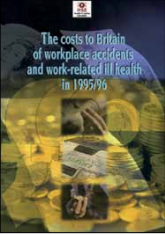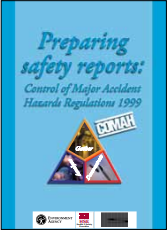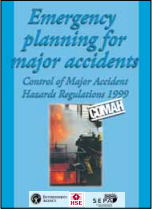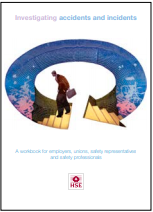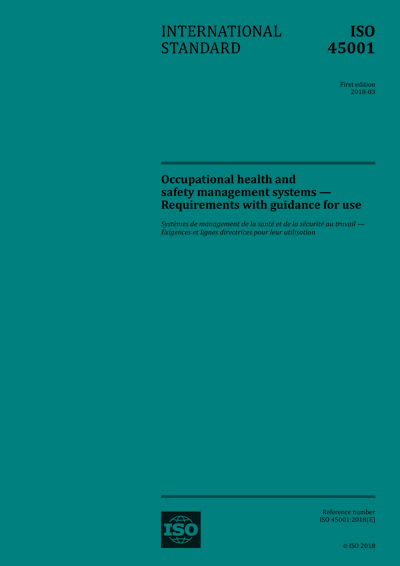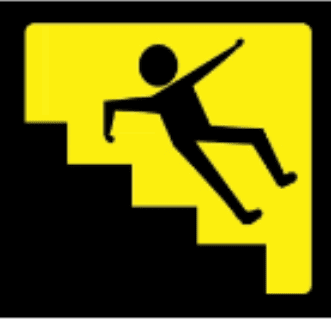|
|
Accidents at WorkSend comments on this topic |
FREE QHSE Software Click <HERE> to Learn More |
||
QHSE Support >(Site Map) Health & Safety Guidance > Accidents in the Workplace >
Accidents at work guidance
An accident may be defined as an unplanned and uncontrolled event which may or may not result in personal injury, damage to equipment or environment.
Accidents where no personal injury or damage occurs are usually referred to as near miss incidents.
Responsibilities
The Manager, and or supervisor should ensure the following:-
1.that all staff are made aware of the requirement to report accidents and near misses, including acts of violence and aggression.
2.that all incidents are investigated to prevent a re-occurrence.
3.that incidents are reported as required, and that serious incidents have been investigated and the appropriate action has been taken to prevent its re-occurrence.
4.that all incidents are recorded and where necessary reported to the Health and Safety Executive.
Old and new version of the BI150 Accident Book
Introduction to incident reporting and investigation
Organizations need to be committed to ensuring that all Accidents at Work, incidents and near misses are identified, and that appropriate action is taken to prevent a re-occurrence. A near-miss, can be defined as: An incident that has occurred, which, whilst not causing harm on this occasion, is felt to have a definite potential for causing harm in the event of a re-occurrence. For example, an employee narrowly avoids injury using a faulty piece of work equipment.
With effective health and safety management systems, incidents should be minimised. However, should an incident occur, resulting in ill health, injury or property damage, it should be reported and investigated to prevent a re-occurrence. It is also important that incidents such as near misses, which have the potential to cause accidents, are also reported and investigated.
Report on Workplace fatal injuries in Great Britain, 2021
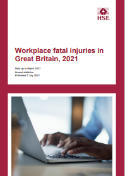
For long-term occupational diseases, see Asbestos illness statistics support page
Available Guides
|
ACOP L111 - A guide to the Control of Major Accident Hazards Regulations 1999 (as amended) |
HSG 101 - The cost to Britain of workplace accidents and work-related ill health |
HSG 190 - Preparing safety reports: Control of Major Accident Hazards Regulations 1999 (COMAH) |
|
HSG 191 - Emergency planning for major accidents: Control of Major Accident Hazards Regulations 1999 (COMAH) |
HSG 245 - Investigating accidents and incidents: A workbook for employers, unions, safety representatives and safety professionals |
ISO 45001:2018 Occupational health and safety management systems - Clause 5.1 Leader and commitment |
Computer software can also be a great help to record and trend find on accident records.
AIM - Employee Accident Investigation and Management Software
Related Links
Help file v2.276.407 : QHSE Support - Website On Safe Lines
onsafelines.com QHSE Software 2025 : Webmaster: Brian G. Welch MSc(QHSE), NVQ4(OH&S), CMIOSH



